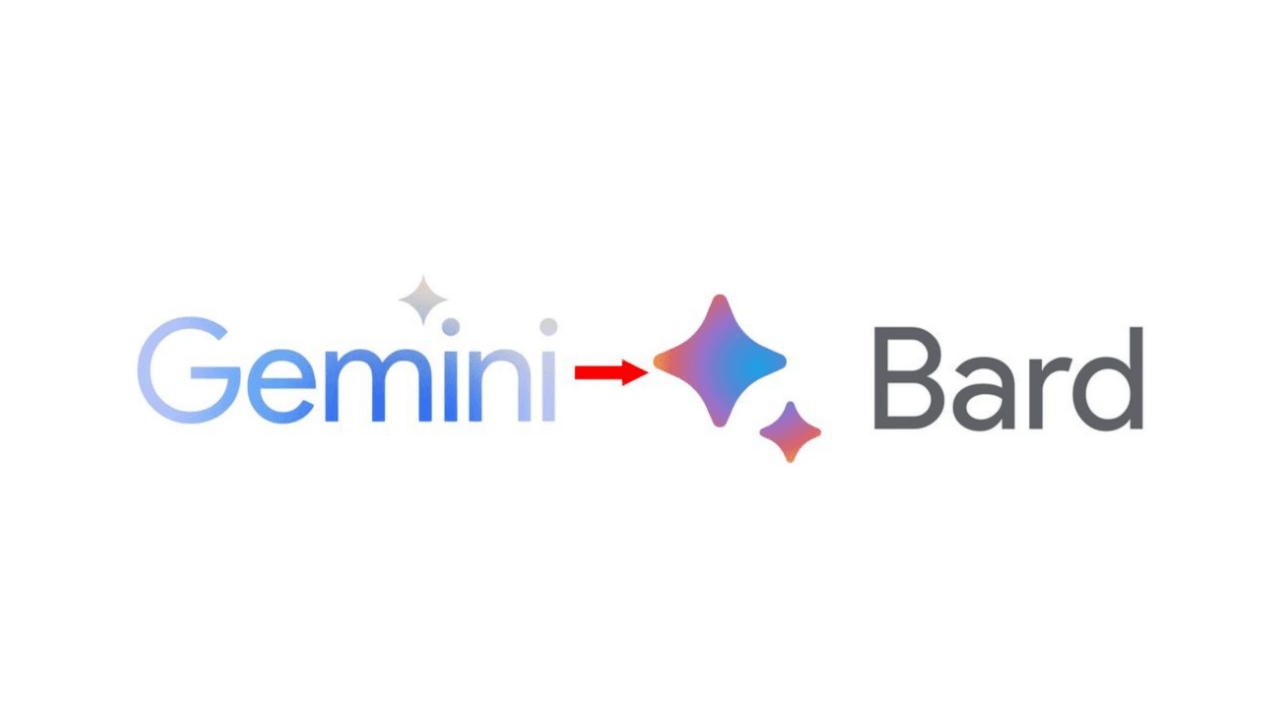
Research
Malicious fezbox npm Package Steals Browser Passwords from Cookies via Innovative QR Code Steganographic Technique
A malicious package uses a QR code as steganography in an innovative technique.
bard-api-node
Advanced tools
A Node.js library harnessing the power of Bard's Large Language Model (LLM) for seamless chat experiences and streamlined accessibility to Google's Gemini. Empower your applications with advanced conversational AI, leveraging Bard's LLM to answer question

bard-api-node is a Node.js library for interacting with Bard, an AI Chatbot developed by Google. Bard is based on Google's Large language model (LLM), LaMDA, which is designed to generate human-like text and images in response to prompts. This updated version of the library is aligned with the launch of Gemini API, the successor to Bard, and integrates with the official Google API services.
Bard, now known as Gemini, is an AI Chatbot developed by Google, based on Google’s Large language model (LLM), LaMDA. Similar to how ChatGPT is based on GPT, Gemini utilizes neural networks to mimic the underlying architecture of the brain in the form of a computer. Gemini is conversational and allows users to write a prompt and receive human-like text and images generated by artificial intelligence.
To begin using BardAPI in your project, follow these steps:
To use the Bard-API-Node library in your project, you can install it via npm directly:
npm install bard-api-node
or can install it via npm from Github:
npm install git+https://github.com/codenze/bard-api-node.git
To get started with the Bard API, you need to obtain an API key from the Google AI Studio. Follow the steps below to acquire your API key:
Sign in to Google Account:
Create a New Project:
Visit Google Ai Studio for API Key:
Paste API Key into Code:
javascript const { BardAPI } = require('bard-api-node');
async function testAssistant() {
try { // Initialize BardAPI object const bard = new BardAPI();
// Set API key
const apiKey = 'YOUR_API_KEY'; // Replace 'YOUR_API_KEY' with the obtained API key
// Initialize chat with API key
await bard.initilizeChat(apiKey);
// Send a query to Bard
const response = await bard.getBardResponse("Greetings! What can you do for me?");
console.log(response);
} catch (error) {
console.error('Error:', error);
}
}
testAssistant();
Make sure to replace YOUR_API_KEY with the actual API key obtained from Google AI Studio.
The setResponseGenerationConfig() method allows you to customize the generation configuration for generating responses. This method enables you to fine-tune parameters related to the content generation process.
const bard = new BardAPI();
const generationConfig = {
temperature: 0.7,
topK: 5,
topP: 0.9,
maxOutputTokens: 1024,
};
bard.setResponseGenerationConfig(generationConfig);
In the above example, we set a custom generation configuration with specific values for temperature, top-K sampling, top-p sampling, and maximum output tokens.
The setSafetySettings() method allows you to configure safety settings to filter out sensitive or harmful content from the generated responses. This method enables you to specify thresholds for different categories of harmful content.
const bard = new BardAPI();
const safetySettings = [
{
category: HarmCategory.HARM_CATEGORY_HARASSMENT,
threshold: HarmBlockThreshold.BLOCK_STRICT,
},
{
category: HarmCategory.HARM_CATEGORY_HATE_SPEECH,
threshold: HarmBlockThreshold.BLOCK_LOW,
},
// Add more security settings as needed
];
bard.setSafetySettings(safetySettings);
In the above example, we set custom safety settings to filter out harassment with a strict threshold and hate speech with a low threshold. You can customize these settings based on your application's requirements.
This Node.js library for interacting with the Bard chat assistant is powered by the official Google AI Studio API and utilizes the @google/generative-ai npm library. The integration with Google's Gemini AI and the use of the @google/generative-ai library serve as the foundation for this implementation.
I extend my gratitude to the Google AI team for providing access to their advanced AI capabilities and for the comprehensive documentation that facilitated the development of this library.
I welcome any feedback, bug reports, or problems you may encounter while using this library. If you have any issues or suggestions, please don't hesitate to reach out. You can send your reports to de.inzimam@gmail.com.
Thank you for your support and feedback!
This project is licensed under the MIT License. If you find this project helpful in your own work, I would appreciate a star or acknowledgment in your projects.
FAQs
A Node.js library harnessing the power of Bard's Large Language Model (LLM) for seamless chat experiences and streamlined accessibility to Google's Gemini. Empower your applications with advanced conversational AI, leveraging Bard's LLM to answer question
The npm package bard-api-node receives a total of 37 weekly downloads. As such, bard-api-node popularity was classified as not popular.
We found that bard-api-node demonstrated a not healthy version release cadence and project activity because the last version was released a year ago. It has 1 open source maintainer collaborating on the project.
Did you know?

Socket for GitHub automatically highlights issues in each pull request and monitors the health of all your open source dependencies. Discover the contents of your packages and block harmful activity before you install or update your dependencies.

Research
A malicious package uses a QR code as steganography in an innovative technique.

Research
/Security News
Socket identified 80 fake candidates targeting engineering roles, including suspected North Korean operators, exposing the new reality of hiring as a security function.

Application Security
/Research
/Security News
Socket detected multiple compromised CrowdStrike npm packages, continuing the "Shai-Hulud" supply chain attack that has now impacted nearly 500 packages.